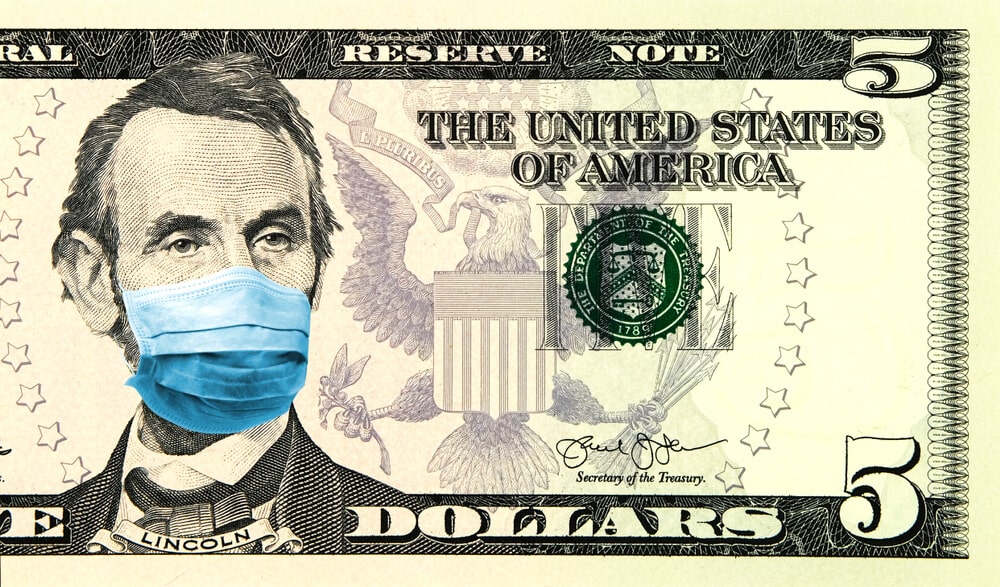
What Crisis Can Teach Us About Money
The pandemic that’s hit the world in the last few months, and the resulting crash in the stock market, has made a few things clear: first, our country is drastically unprepared for a healthcare emergency of this scale, and second that our economic world is nowhere near as stable as we thought it was after the recovery from the 2008 recession.
In light of that, it’s worth taking a moment here and now, while we’re all stuck at home, to reflect on what COVID-19 can teach us about money both a micro and macro scale.
We Should All Have Savings
There really is no substitute for money in the bank account when it comes to dealing with an emergency of any kind, pandemic or otherwise. The virtue of saving is something that’s impressed on all of us at a young age.
While it’s good advice, it’s also something that in today’s economy is incredibly difficult to act on. Wages have been in decline for forty years now, while the cost of healthcare and living has soared. Every cent we have often just goes to making it through the month without falling into the trap of credit card debt.
All of that being said, those with even a little savings are going to weather this pandemic storm better than the rest of us, which is important to remember for when the storm clouds do finally recede and we all have a chance to build our savings back up again.
Don’t Spend on Big Business
Ironically, for all that the elite talk about how saving is the responsible way to live your life and if you have financial problems during this recession in the economy it’s your fault for not saving, the messaging from on high has been consistent in the last few weeks: in this time of need, you need to go out and support businesses and the economy as a whole.
Considering the many, many ways big business has been squeezing every cent from us for the last fifty years, this is enormously hypocritical, but is true in a macro sense: the less spending that goes on, the more the economy contracts. And that is bad for us too in the end.
All of that being said, if we have to spend it doesn’t have to go into the pocket of big business. In this pandemic instead spend what money you have to on local, small, or ethical businesses. They’re the ones most vulnerable to the economic recession after all.
File for Unemployment Fast
The glut of unemployment the coronavirus has led to is truly massive, and eclipses even that of 2008’s recession. Luckily, the government has finally reacted by increasing the amount you’ll receive in unemployment for the next four months. It’s not a lot for those of us reeling from losing our jobs, but it is better than nothing.
Unfortunately, the sheer tonnage of people signing up for unemployment is beginning to overload the system, so if you were on the fence about whether to file or not, you should, and now. There’s no telling what the current administration will do as the pandemic progresses, and we all need whatever financial security we can get.
There Are Still Loan Options Out There
Even in the age of the coronavirus, there are options for loans out there, which is good: with work hours being cut back right and left even if you aren’t outright fired, what little savings most of us have is quickly dwindling. The best loan option? A title loan.
Title loans a type of short term loan that uses the value of your car as collateral. They’re fast and convenient and often a lot closer than you’d expect: check out our title loan places to find locations near you, so you can get the title loans Louisiana needs. If you want to get started immediately, just fill out the simple online form at the top of the page.

Health is More Important Than Money
This point is blunt but honest: it’s hard to spend money when you’re dead. If at any point in this pandemic you have a choice between your health and making a little cash, always choose the former. Money is important, but it isn’t everything. Always prioritize your physical health over your monetary health, and stay safe. The storm will pass, and when it does, we’ll all have plenty of time to get our financial feet back under us.
Note: The content provided in this article is only for informational purposes, and you should contact your financial advisor about your specific financial situation.
